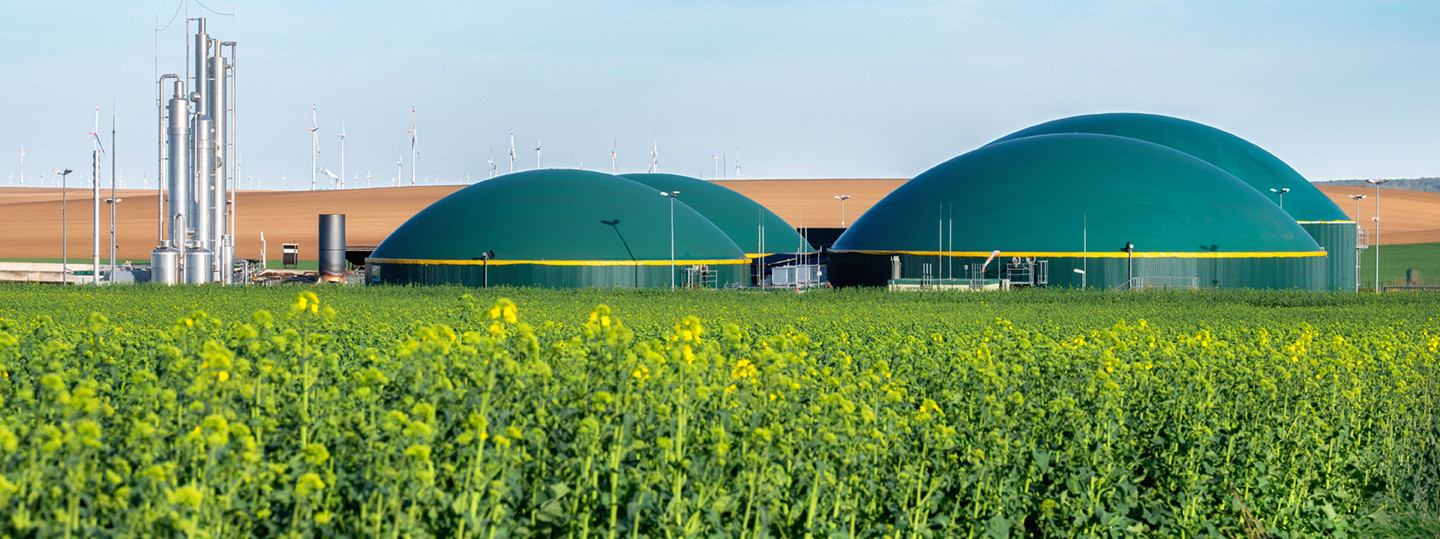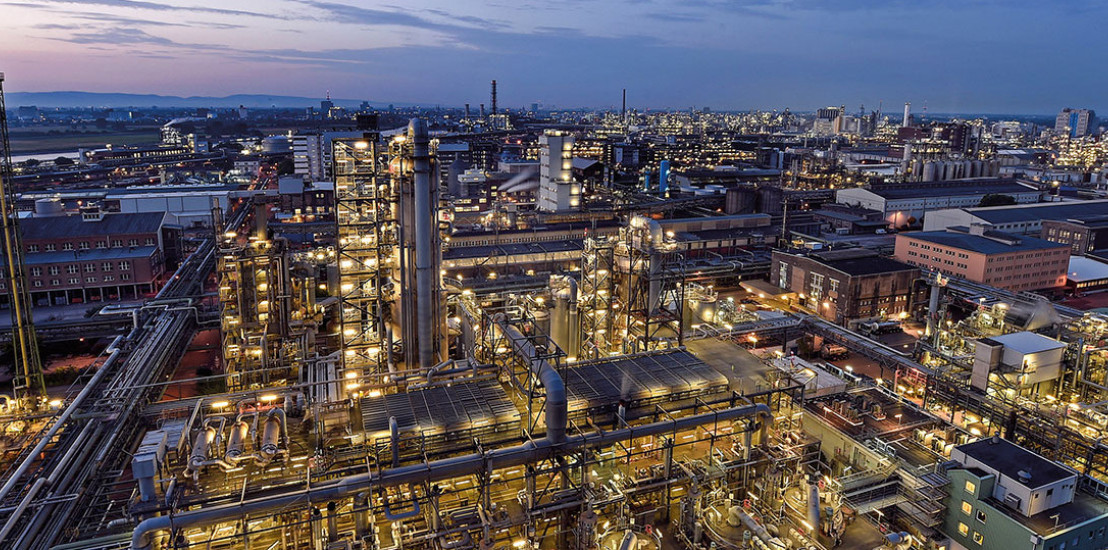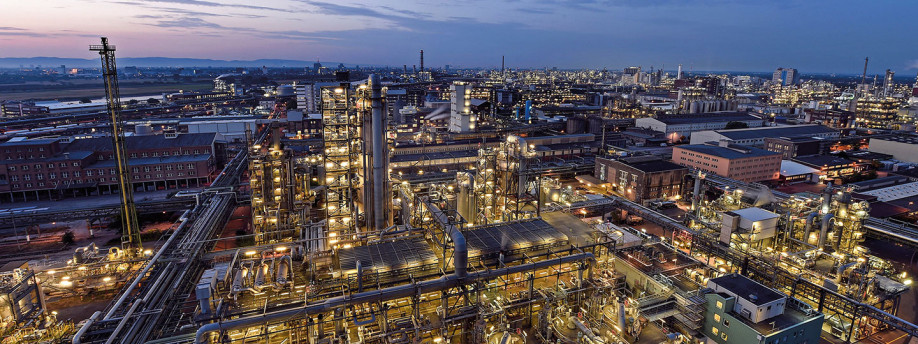
iStock / Getty Images: Ralf Geithe
Biomethane – green gas for a climate-neutral future
Add to Bookmarks
The importance of green gases
For ENGIE, green gases go hand in hand with the transformation of the energy industry. Biomethane is a renewable energy source that can be used immediately and is an important building block for climate protection and security of supply in the Germany and Europe.
Why biomethane?
Biomethane is sustainable, available regardless of weather and time of day, can be stored and used flexibly – a perfect complement to wind and solar energy.
Your advantages with biomethane:
- Renewable & independent: Green gas "made in Germany/Europe" strengthens energy independence
- Flexible & storable: Can be used in existing gas networks, storage facilities, CHP plants and industrial processes without conversion costs
- Cost-efficient: currently cheaper than green or blue hydrogen, with great potential for expansion from residual and waste materials
- Cross-sector: Can be used in industry, heating, transport and areas that are difficult to decarbonise
Advantages of a partnership with ENGIE
-
Supply & trade of biomethane
ENGIE's portfolio includes biomethane plants with various feedstocks, tailored to local conditions. For the supply of end customers, we conclude supply contracts ranging from a few GWh to several TWh, depending on requirements, and offering both short- and long-term duration.
-
Individual contract models
Our contracts and pricing models are flexible and tailored to customer requirements.
-
Sustainability & certification
ENGIE is certified as a trader of sustainable biomethane according to ISCC EU. This means we make the origin of biomethane transparent and offer you the choice between book & claim and mass balance verification. We also participate in all relevant European biomethane registers so that we can offer our customers in German-speaking countries products from all over Europe.
-
Experience from France
ENGIE is one of the leading biomethane suppliers in France, where we have many years of experience in the supply, trading and operation of biomethane production facilities. We are also bringing this expertise to the German market – for reliable, efficient and sustainable solutions.
We are shaping the future of biomethane – transparently, digitally and with a focus on customer needs.
Do you have any questions? Get in touch with us.
We look forward to hearing from you!



